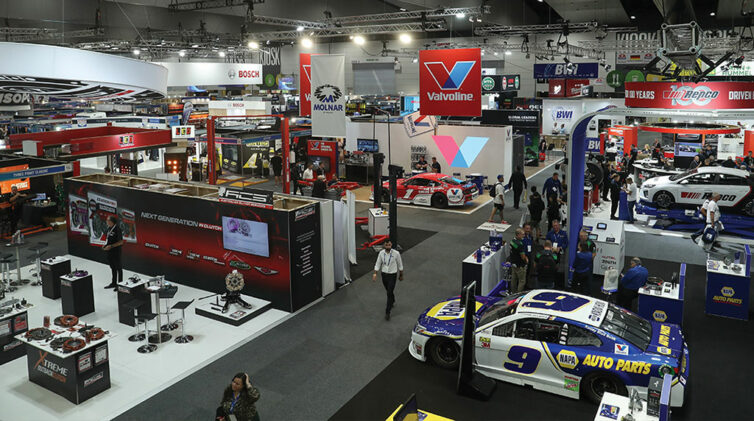
Even Stents
A CAR industry-specific franchise code for dealers needs to be introduced if new-car dealers are to survive, an automotive industry legal specialist said this week.
Evan Stents, lead partner of the Automotive Industry Group at HWL Ebsworth Lawyers, told the Australian Automotive Dealer Association (AADA) convention that the existing franchising code does not go far enough in protecting the interests of dealers.
“As presently drafted, the code permits a manufacturer to terminate an agreement where there is no breach or consent by the dealer.”
“There is no commercial justification for this,” Mr Stents said.
Mr Stents described the franchising code as a ‘one size fits all’ that does not address dealers’ specific issues and the recent reforms to the Code in 2013 did little to change this.
The problem with this is that dealer agreements are totally different to other franchise agreements.
AADA CEO David Blackhall said: “The Franchising Code as it applies to dealers is out of tune with today’s market environment and does need to adapt.
“Executive chairman of the Franchising Council of Australia, Bruce Bilson, made it clear when speaking at the chairman’s dinner on Monday evening (September 18) that industries are changing and that franchisees need to re-focus on their own needs.
“It’s time for the automotive industry to have its own code like that already exists with the Oilcode, the Horticulture code and the Unit Pricing Code,” Mr Blackhall said
When asked to comment on Mr Stents’ call for reform the Federal Chamber of Automotive Industries (FCAI) said in a statement: “Agreements between dealers and distributors are a matter for those parties involved.
“FCAI members work closely with their dealership networks. It is the view of the FCAI that the success of any automotive distribution is underpinned by the capability, expertise and financial health of its dealer network.”

According to Mr Stents, however, manufacturers routinely put pressure on dealers to incur capital expenditure under a threat of receiving a non-renewal notice. A dealer can receive a non-renewal notice even if there has been no breach of the agreement by the dealer.
The manufacturer can also issue a non-renewal notice even if the dealer has met or exceeded KPIs or incurred significant capital expenditure in the initial term of the agreement.
“The manufacturer does not have to provide a reason which is untenable,” Mr Stents said.
“Tenure is the single most important aspect of a dealer’s business but in recent times, tenure has decreased.
“Tenure is left up to the manufacturer but a lack of minimum tenure and a lack of control over the right to renew leaves tremendous uncertainty over dealers’ ability to recoup significant capital expenditure,” he said.
Mr Stents called on manufacturers to offer dealers a minimum initial term of five years and a renewal period of five years to allow time to recoup investment.
He called for the termination for convenience clause be deleted from the Code.
By Daniel Cotterill













 Read More: Related articles
Read More: Related articles

